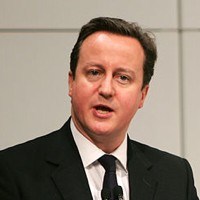
This month, the U.K. published its international defense strategy amid cuts in the U.K. defense budget and debate over the role of the U.K.’s nuclear deterrent, known as the Trident system. In an email interview, Malcolm Chalmers, research director and director of U.K. defense policy studies at Royal United Services Institute, explained U.K. defense priorities in the context of shrinking budgets. WPR: What is at stake in the Trident decision, both economically and strategically? Malcolm Chalmers: The decision to replace the existing U.K. Trident system, starting with a new generation of missile submarines, was taken by the government in 2006 […]











